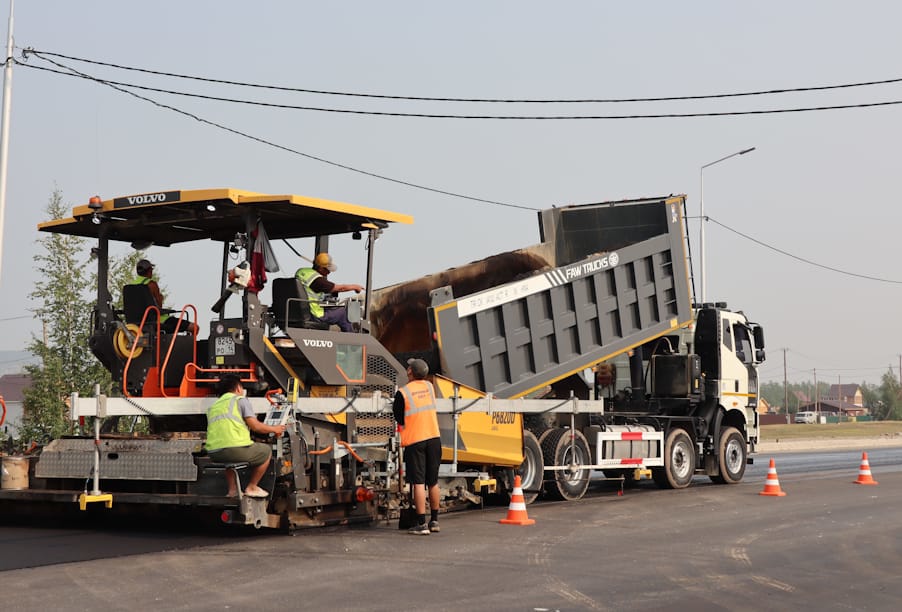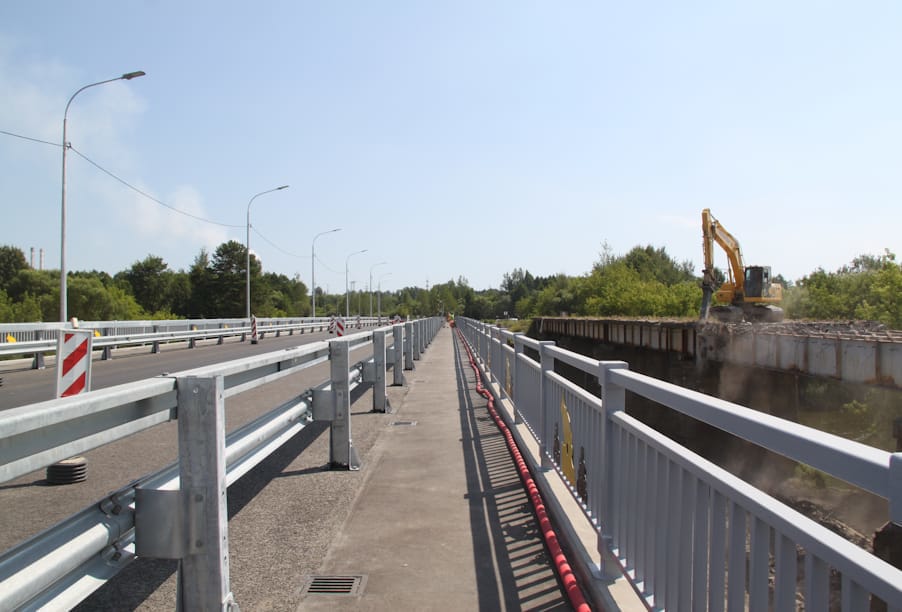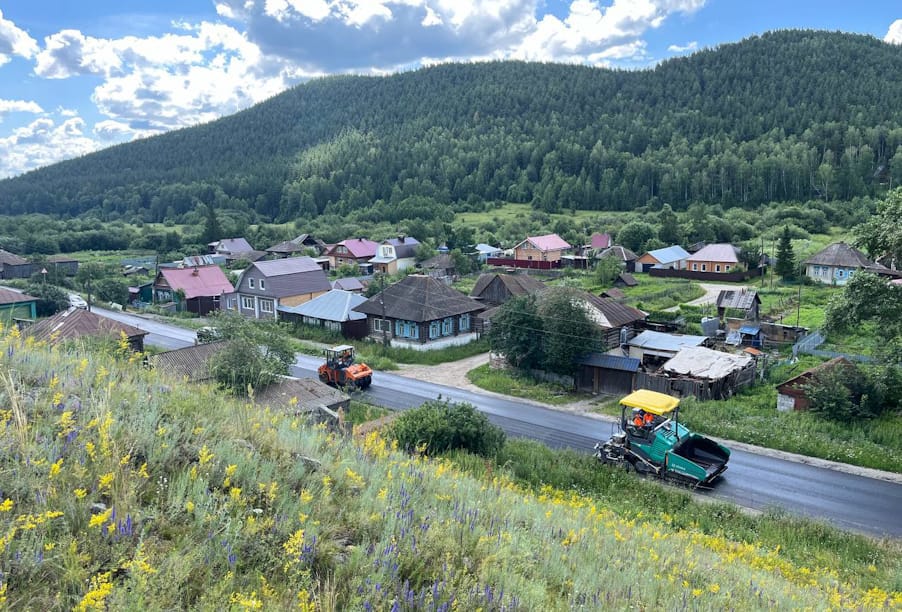The intellectual transport systems according to the national project introduce in 56 subjects of the country
In 2024 within the federal draft "System-wide Measures of Development of Road Economy" of the national project "Safe Qualitative Roads" in Russian regions, actions for introduction of the intellectual transport systems continue.
"The intellectual transport systems are an important component of complex development of road and transport infrastructure. They help to optimize considerably traffic flows, operate traffic lights, define the loaded or unsafe sites where the situation is carefully analyzed then and necessary measures are taken. Thanks to it effective management of a transport complex in the large cities, comfort of drivers and passengers considerably raise, and people reach appointment points quicker. In 2023 the events for introduction of "clever systems" were held in 57 city agglomerations in 51 subjects of the country. This year the number of agglomerations which take part in the program grew to 62, they are located in 56 regions" — the Deputy Prime Minister of Russia Marat Khusnullin told.
For the first time according to the national project from this year "the clever systems" will begin to introduce in Primorsky Krai, the Smolensk and Kurgan regions, the Republic of North Ossetia-Alania and also in the federal city of Sevastopol.
"A main goal of the intellectual transport system — process automation of management of traffic and as result — increase in safety on roads. This year on actions for introduction of ITS over 3.15 billion rubles are provided" — the deputy head of Federal Highway Agency Igor Kostyuchenko reported.
So, in the Ryazan city agglomeration from 2020 to 2023 more than 200 items of equipment from which 150 are acquired at the expense of means of the federal budget are established. Thanks to complexes of the intellectual transport system the road services quickly obtain information on the current situation, work of passenger transport, accidents. Positive changes are noted also by inhabitants of the regional center.
"With new traffic lights it became much more convenient. Now it isn't necessary to stand and wait for all cycle long. If at the intersection there is nobody, then it is enough to drive up to the stop line and the green signal lights up literally for couple of seconds. Very much saves time" — the motorist Pavel Filyushkin told.
This year the development of the integration platform is planned. First of all efforts will be directed to increase in convenience of a system to users.
Special attention is paid to information security from the hacker attacks. The system of ensuring information security will be strengthened by new hardware and software systems of the Russian production.
Besides, will create the automated workplace of the dispatcher.
Also 2024 installation of two meteoposts, more than 60 video cameras is planned.
Introduction of the intellectual transport system and in the Tula city agglomeration will continue. Here such work is conducted since 2020. The existing traffic control systems were during this time synchronized and also are started additional, including with use of artificial intelligence. 145 "smart" traffic lights and 8 crosswalks are established, retrofitted and upgraded. To unload the downtown, 11 stationary complexes of control of parking space are introduced. Over 255 cameras of fixing of traffic offenses operate.
"Thanks to timely information transfer about road accident, abnormally dangerous sites, road blocking, about a meteosituation the drivers can be guided better on roads of the area" — the Minister of Transport and Road Facilities of Tula region Rodion Dudnik emphasized.
In 2024 and 2025 the existing system will be improved and also the new equipment which will allow to define more precisely load of streets will be installed and to choose an optimum operating mode of the traffic light to avoid traffic jams and to accelerate the movement of a stream.
One of leaders in introduction of the intellectual transport system — Krasnoyarsk Krai. In Krasnoyarsk these actions are conducted since 2020, and in 2022 regional road builders joined. In two years only on regional roads 161 detectors of transport, 9 automatic meteorological stations, 18 dynamic information displays and signs of variable information are installed.
This year 165.5 million rubles are allocated for development of the intellectual transport system on regional routes.
"Development of a system of meteomonitoring is planned. We will be engaged in development of an algorithm of receiving and the analysis of the parameters arriving from meteorological stations and their sensors. On the basis of the analysis the system will form recommendations about acceptance of additional measures" — the deputy head of KGKU "Management of Highways across Krasnoyarsk Krai" Mikhail Buylov told.
7 automatic road weather stations will be arranged, as well as 16 thermococks - three-meter sensors built into the roadway. The contractor will also install 90 dome cameras and an additional 60 transport detectors.










